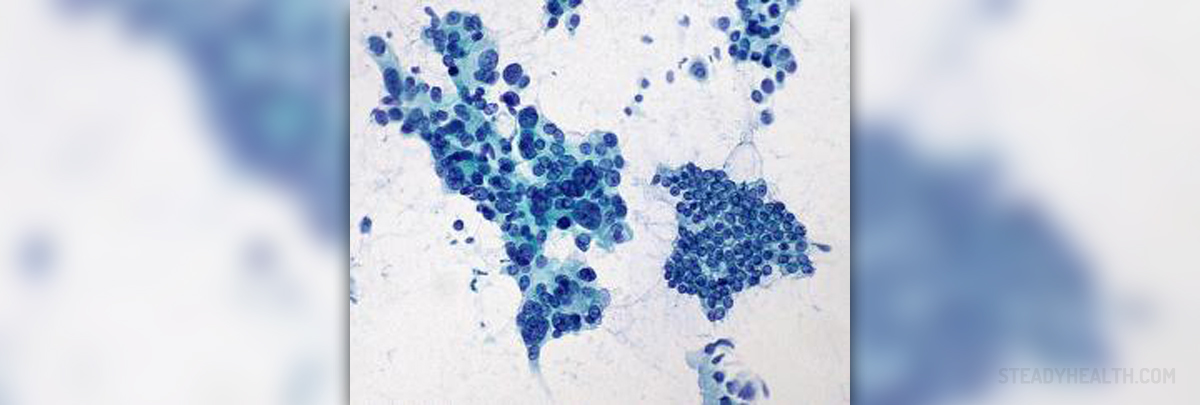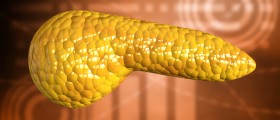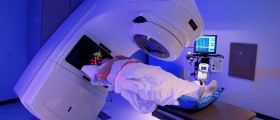
Pancreas provides the body with the enzymes and hormones which help digestion and regulate the metabolism of sugar. Pancreatic cancer develops in the tissues of the pancreas. It is a very difficult to diagnose this cancer in the early stages because there are almost no symptoms or they are assumed to be consequences of some other disorder. The cancer spreads quickly and the symptoms appear in the advanced stages when it is difficult to treat.
The signs and symptoms of pancreatic cancer depend on which part of the pancreas is affected. Cancer can affect the head, body or tail of the pancreas. One of the symptoms in the early stage is pain in the stomach which is a consequence of cancer that affected the body and tail of the pancreas. The pain is dull and it worsens if you lie down or after a meal. Sometimes the pain can spread to the back. Another symptom is weight loss which is related to cancer of the head of the pancreas. In some cases people experience rapid loss of weight without any reason. An additional symptom of the cancer that affected the head of the pancreas is jaundice. Jaundice includes yellow skin and eyes, and darker urine. Other symptoms in the early stage of pancreatic cancer include pain in the back and loss of appetite.
In later stages of pancreatic cancer, you may have symptoms such as fever and chills, itching, bowel changes, sickness and diabetes. All these symptoms, except diabetes, are related to severe case of jaundice. The patient with pancreatic cancer may develop diabetes which is associated with disturbance of the enzymes responsible for metabolism of sugar. Diabetes causes further symptoms such as excessive urination, thirst, hunger, fatigue and weight loss.
In rare cases pancreatic cancer may affect the production of hormones. This type of cancer is called endocrine cancer and the symptoms depend on the particular hormone that is affected. If the cancer affected gastrinomas, it may lead to peptic ulcers which can cause pain, blood in the stool and diarrhea. The cancer may cause insulinomas to produce excessive amount of insulin which can cause fatigue and faintness. Diarrhea, high blood pressure and flushing of the face may be the result of extreme production of VIP hormone. When Somatostatinomas create too much hormone, it can lead to diabetes, diarrhea and steatorrhea. If the production of the hormone glucagon is excessive, it causes skin rash characterized by redness, sores and scabbing, mouth ulcers, diarrhea and anemia.









-Disease-Cause-Oral-Cancer_f_280x120.jpg)






Your thoughts on this
Loading...